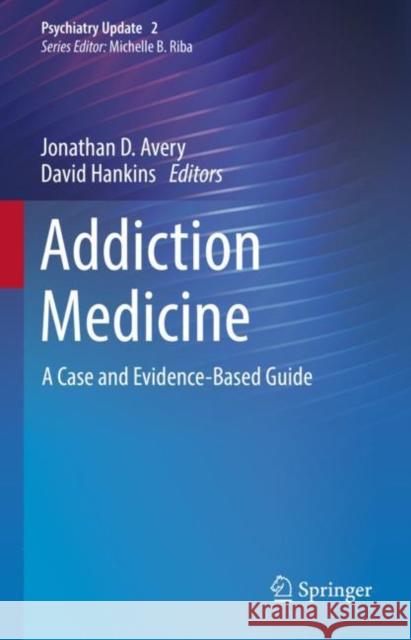Addiction Medicine: A Case and Evidence-Based Guide » książka
topmenu
Addiction Medicine: A Case and Evidence-Based Guide
ISBN-13: 9783030864293 / Angielski / Twarda / 2021
This book provides an accessible, up-to-date understanding of how to treat patients with substance and non-substance-related addiction. It covers all the typical substance and non-substance use disorders and presents evidence in a case-based format.
Concise and comprehensive, opening chapters relay a preliminary assessment of addiction disorders and their neurobiology. Subsequent chapters then offer specific treatment options, challenges, and cases relating to the abuse of distinct substances. The substances mentioned earlier include alcohol, opioids, stimulants, hallucinogens, and sedatives. Additionally, one chapter covers the unique issues associated with treating behavioral addictions, such as sex and gambling. Each chapter will outline cases in a fashion that will optimize the reader's experience. In closing, the book examines co-occurring substance use disorders and mental illness.
An invaluable addition to the Psychiatry Update Series, Addiction Medicine is an essential reference for mental health clinicians, as well as primary care and family medicine clinicians.











